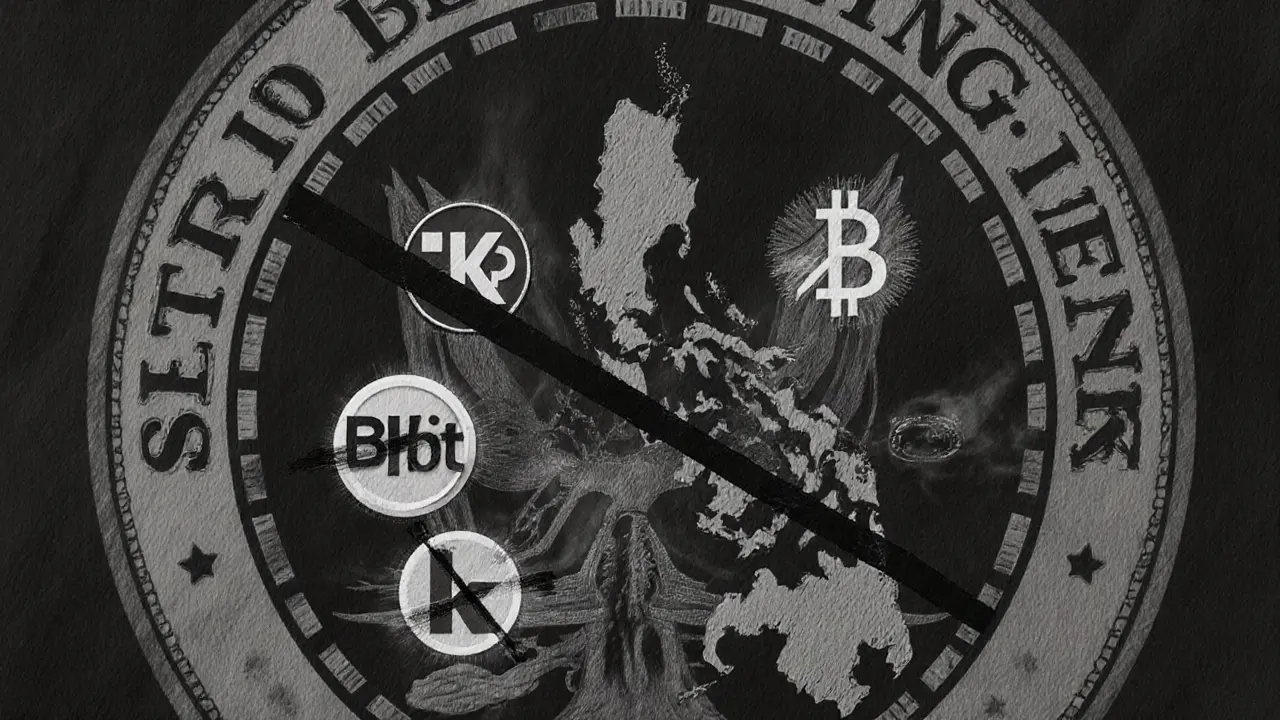The Philippines SEC blacklisted 15 major crypto exchanges in 2025 for operating without licenses. Learn which platforms are banned, why they were blocked, and what options Filipinos have now.
SEC Philippines Crypto Regulation: What It Means for Traders and Investors
When it comes to SEC Philippines crypto regulation, the regulatory body overseeing cryptocurrency activities in the Philippines. Also known as the Securities and Exchange Commission of the Philippines, it’s the main force deciding what crypto projects can operate legally and who gets to trade them. Unlike countries that ban crypto outright, the Philippines takes a middle path—allowing innovation but demanding transparency. That means exchanges, tokens, and even airdrops must meet basic standards or risk being labeled illegal.
The SEC Philippines, the official government agency that licenses and monitors financial markets has cracked down on dozens of unregistered platforms. You’ll find posts here about exchanges like mSamex and Bitroom that vanished because they never filed paperwork. The SEC doesn’t just care about big players—it watches every token with a website and a whitepaper. If a project promises high returns but can’t prove it’s registered, it’s a red flag. That’s why the BNU airdrop and Zenith Coin claims are dead ends—they never got SEC approval.
What about stablecoins like USDZ or DeFi tools? The SEC hasn’t banned them, but they’re watching closely. Any project offering staking rewards or lending must prove it’s not acting like an unlicensed bank. That’s why Anzen Finance’s USDZ is discussed with caution—it’s backed by real loans, but is it registered? The SEC doesn’t publish a full list of approved tokens, so users have to dig. If a platform doesn’t show its SEC license number, assume it’s not legal.
And then there’s the scam side. The SEC Philippines actively warns the public about fake airdrops like KTN, FOTA, and Dynamic Trust Network. These aren’t just low-value tokens—they’re designed to steal your wallet keys. The SEC’s alerts are clear: if you didn’t sign up through an official channel, and the token has zero volume, it’s trash. And if someone asks for your seed phrase to claim a free token? That’s not a giveaway—it’s a robbery.
For traders, this means one thing: don’t guess. Check if your exchange is on the SEC’s list. If it’s not, you’re trading without protection. If a coin has no team, no audit, and no registration, walk away. The SEC doesn’t guarantee profits, but it does try to stop fraud. And in a market full of noise, that’s worth more than any meme coin.
Below, you’ll find real case studies of what worked, what failed, and what the SEC shut down. No fluff. No hype. Just what’s actually happening under Philippine crypto law.

